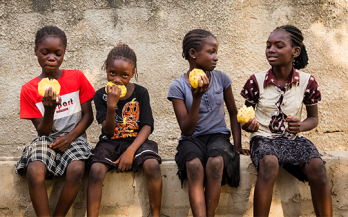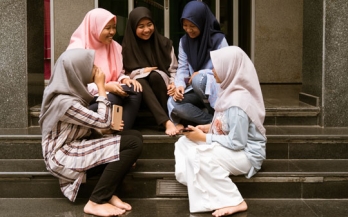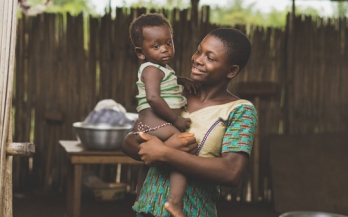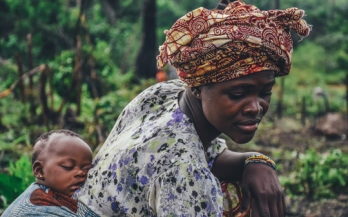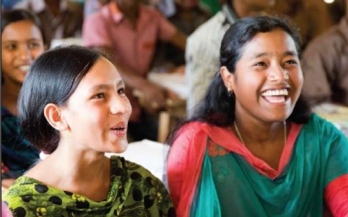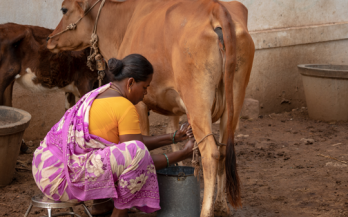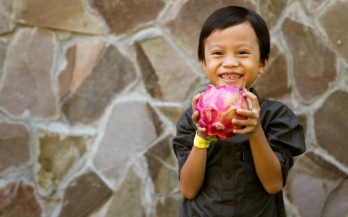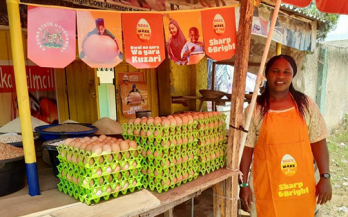In 2023, Criterion Institute and UNICEF partnered to develop child lens investing: an emerging field that intentionally integrates considerations of child rights and wellbeing into investment processes. Understanding is growing of the opportunity that exists for increasing economic, social, and environmental impact by considering children when making investments.
Adolescents in Indonesia face multiple nutritional challenges, including undernutrition and anaemia, as well as a growing prevalence of overweight and obesity. To promote understanding of the Healthier Choice Logo among adolescents as well as to learn more about adolescent food choices, GAIN supported a programme called Pelajar Peduli Gizi (Students for Nutrition).
These briefs are part of a series on affordability of nutritious foods for complementary feeding by GAIN and UNICEF conducted in selected countries in Eastern and Southern Africa and South Asia as part of the UNICEF-BMGF Regional Initiatives for Sustained Improvements in Nutrition and Growth (RISING).
These briefs are part of a series on complementary feeding gaps by GAIN and UNICEF conducted in selected countries in Eastern and Southern Africa and South Asia as part of the UNICEF-BMGF Regional Initiatives for Sustained Improvements in Nutrition and Growth (RISING).
Adolescence is defined as the period of 10-19 years. In 2017, almost one out of five Indonesians was an adolescent (44.93 million adolescents). Nutrition is one of the cornerstones for adolescent health. Adolescence is a life stage for physical growth and an opportunity for developing healthy dietary practices.
Bangladesh’s ambitions for middle-income status require the energy and creativity of the next generation. Investments in the nutrition of adolescents will enable this potential by realizing the demographic dividend.
GAIN seeks to understand and tackle barriers faced by small enterprises working to boost availability, affordability, desirability, and convenience of nutritious foods like milk, especially for people on low-incomes and population sub-groups who stand to benefit from greater consumption of nutrient-dense foods, such as children.
As conveners of the Global Consultation on Food Systems for Children and Adolescents and this Special Issue, UNICEF and GAIN are confident that the evidence presented in this Special Issue will be useful for food system reorientations in support of improved diet quality among children and adolescents.
Although eggs are highly nutritious, they remain scarce and relatively expensive in many low-income settings, including across many of the countries where GAIN operates. Moreover, they are only rarely consumed by children in many regions. Globally, the average egg supply is around 3.5 eggs per person per week.
Eggs are a widely available and affordable source of protein, vitamins, and minerals that support growth and development, yet they are not frequently fed to children in Kaduna. The ‘Eggs Make Kids’ campaign was launched by GAIN on World Egg Day in October 2019. Using commercial marketing techniques and insights into consumer behaviour, it aims to create demand for eggs as a nutritious food for children aged six months to five years.
